By Lamin Njie
The Barrow administration issued 578 diplomatic passports in its first year in office, twice the number of diplomatic passports it scrapped in 2017.
The Gambia government in August 2017 announced the cancellation of 271 diplomatic passports that were issued by the Jammeh administration.
But the Barrow administration is ensconced in a scandal after it emerged its officials have been engaged in fraudulently helping individuals hold Gambian diplomatic passport.
At least a dozen officials have so far been arrested and questioned.
The ministry of foreign affairs on Monday met with members of the diplomatic and consular corps and international organisations over the raging diplomatic passport scandal.
Justice Minister Abubacarr Tambadou became the most senior government official to have been name in the scandal after a letter was leaked online showing his entire family holding diplomatic passport.
On Tuesday, the minister of foreign affairs Mamadou Tangara appeared before members of the national assembly over the scandal.
According to Mr Tangara, the ministry of foreign affairs issued in 2017, 578 diplomatic passports and 320 service passports.
“In 2018, we issued 448 diplomatic passports and 333 service passports,” he added.
The number of diplomatic passports issued by the Barrow administration in 2017 and 2018 totals 1,026.
A former government official told The Fatu Network on Tuesday it was a new record.
“It is a staggering number if you compare it with the number of diplomatic passports issued by the previous administration in its first five years in office,” he added.


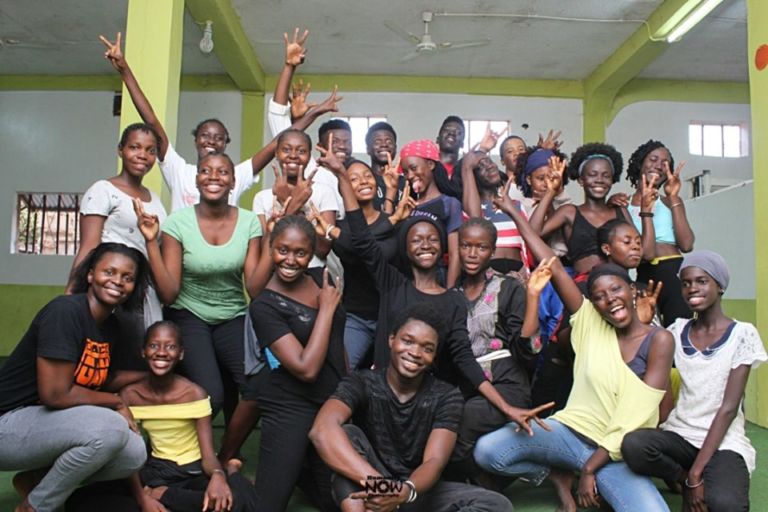
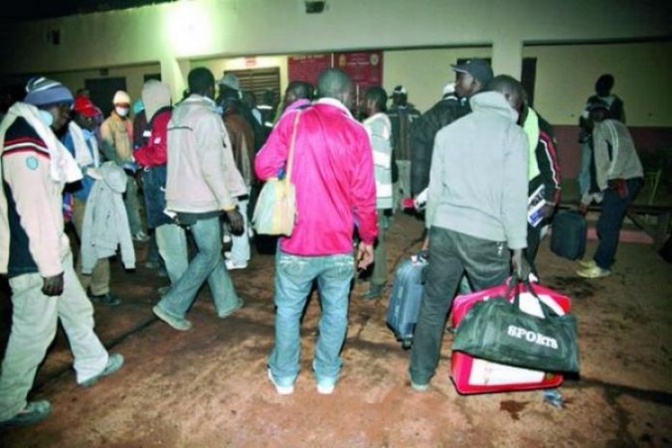
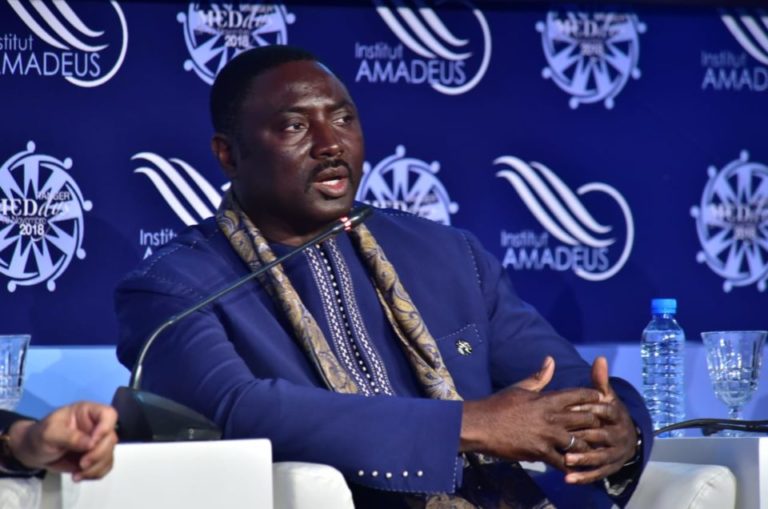

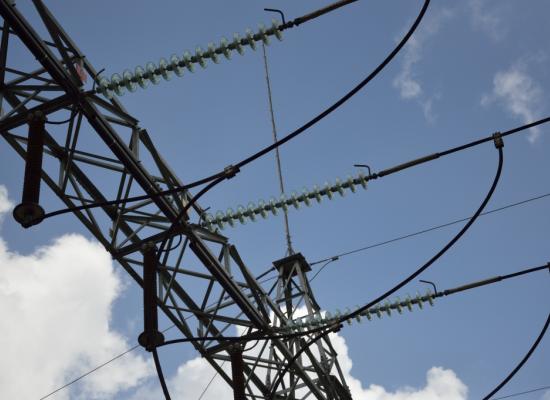
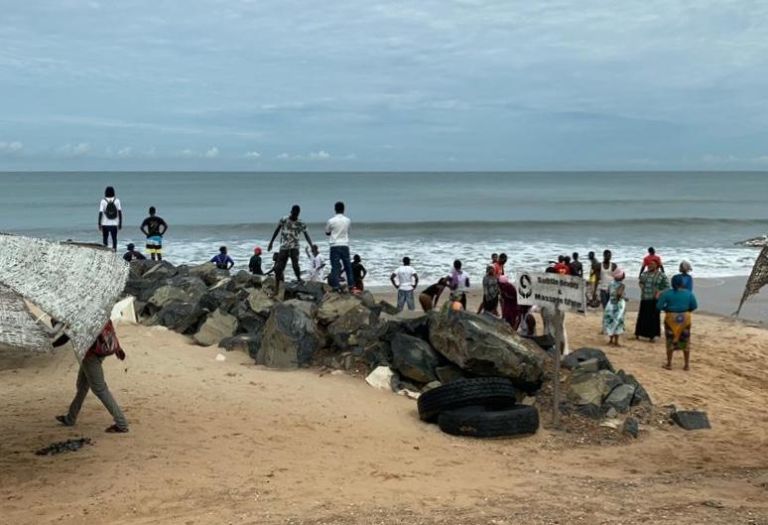
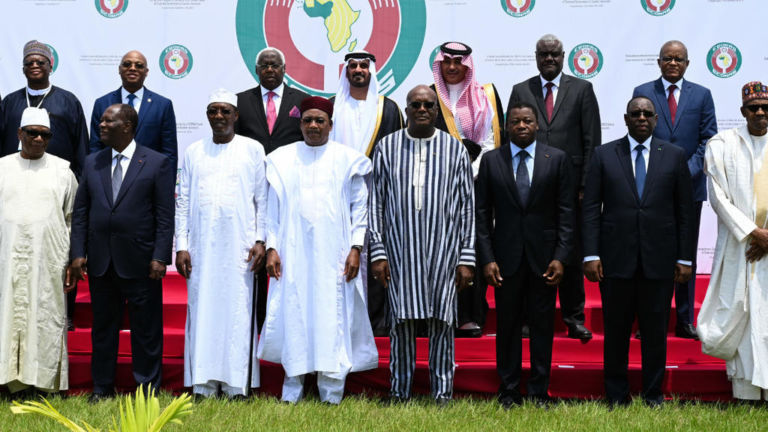
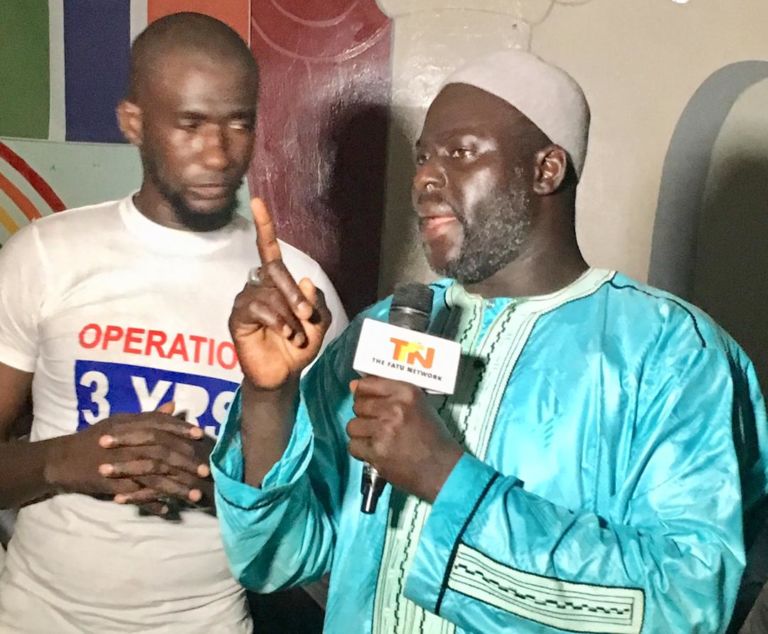
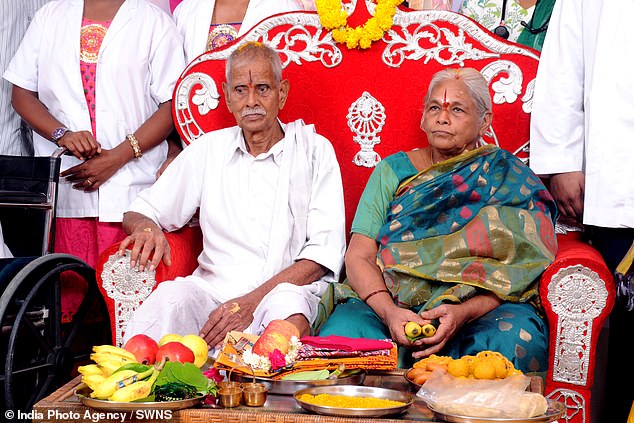

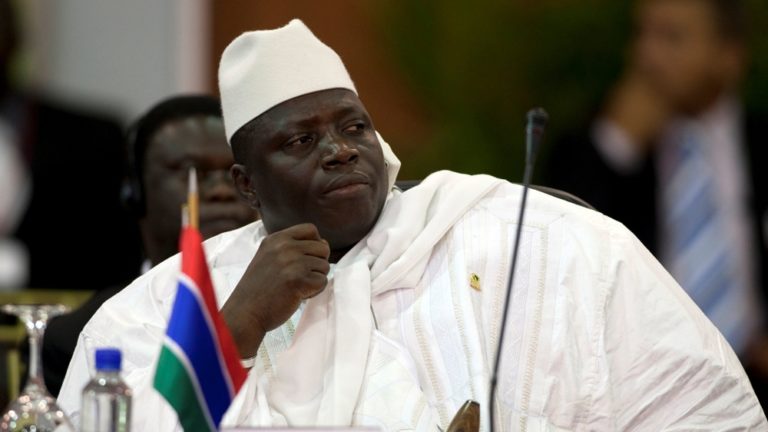

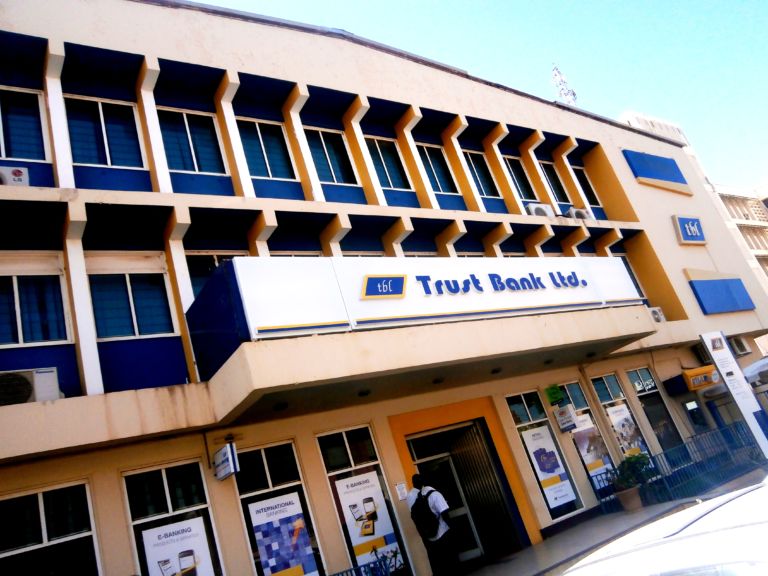
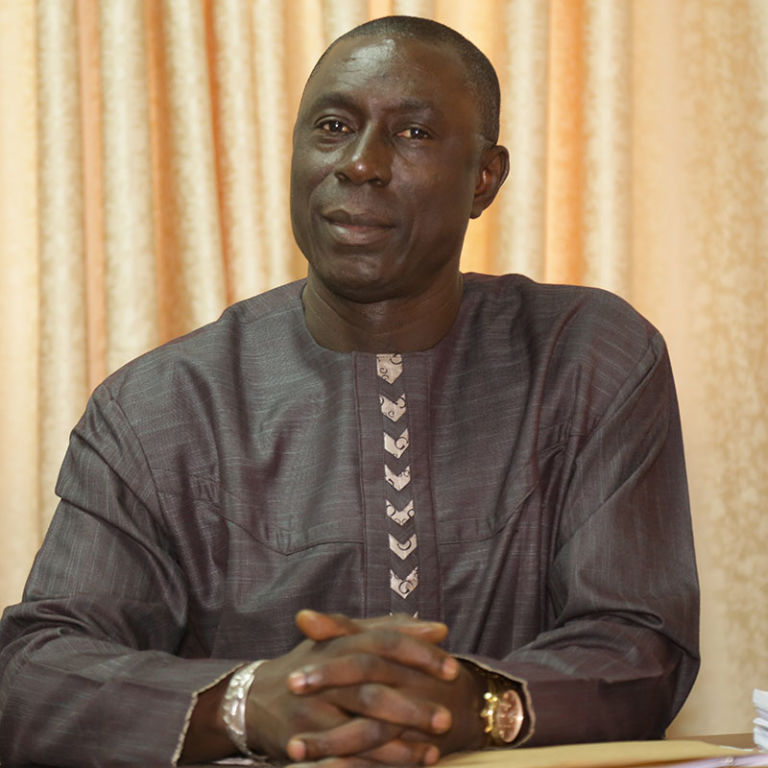
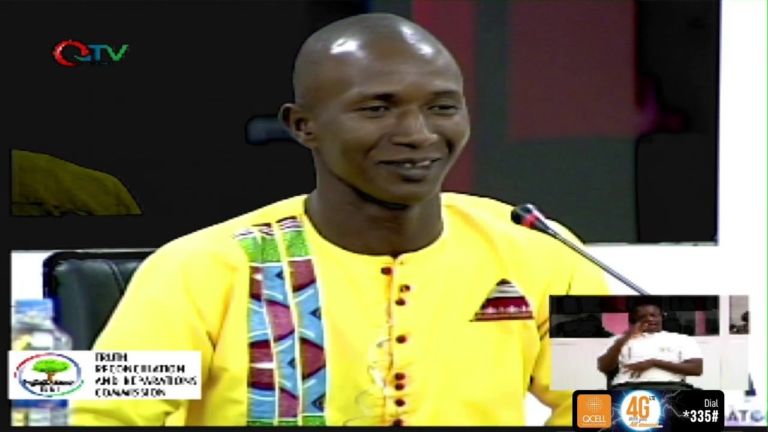
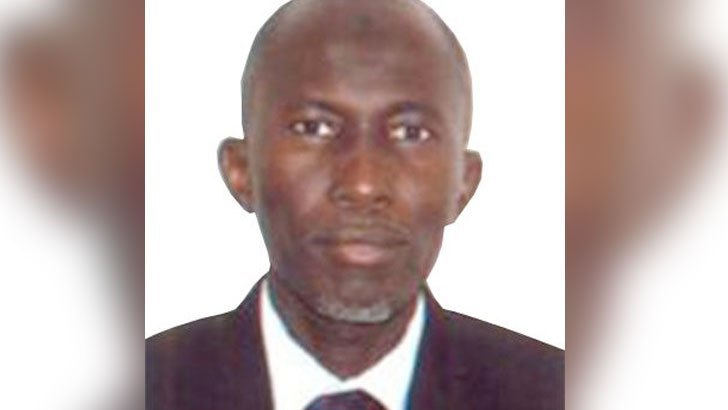

To defeat corruption, we must uproot the corrupt machinery
It is a very painful realization that the sitting President of the Republic of The Gambia is not only providing lip service to the critical reform programs but he is also sabotaging the process through his bizzare acts of nepotism and favoritism. Favoring Alhajie Ousman Ceesay and Mambureh Njie and shielding them from accountability for their parts in aiding and abetting the worst economic crime in our history just because they are serving at the current President’s pleasure, is a hard pill to swallow.
Our country has been held prisoner and its development programs severely hampered through official corruption by people we trust. We can’t chart a way forward by selectively rewarding & punishing individuals culpable in such heinous financial crimes based on personal emotions/sentiments or our individual connection with the indicted criminals. We must focus, be decisive and deliberate and follow the dictates of the law against all those found wanting. Unfortunately, however, President Adama Barrow does not share this philosophy. It is our President’s firm belief that loyalty to him and supporting his efforts to remain in power trump the National Interest to fighting and stamping corruption. He does not have the political will or the capacity to change course!
But we are presented with another golden opportunity in 2021 to strike back: defeat the corrupt system, punish those engage in it and humiliate those who protect the culprit. In our decision at the polls, we will make no distinction between those guilty of official corruption and the ones who harbor them. President Barrow must not be given free reign to further polarize our nation, antagonize our people, protect criminals and reward criminality. We owe this much to our dear motherland!
Zakaria Kemo Konteh
USA